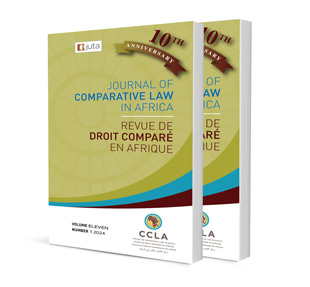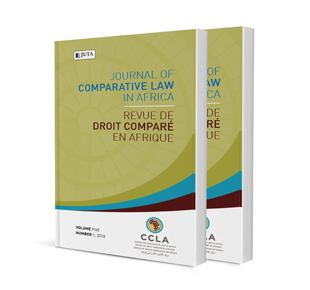The Need for Effective Implementation of the Nigeria Anti-Torture Act, 2017

The Need for Effective Implementation of the Nigeria Anti-Torture Act, 2017
Author: Ayo-Ojo Bayode Sunday
ISSN: 2521-2605
Affiliations: LLB (Kenyatta), LLM (KwaZulu-Natal), LLD (Pretoria)
Source: Journal of Comparative Law in Africa, Volume 11 Issue 2, p. 189 – 208
https://doi.org/10.47348/JCLA/v11/i2a7
Abstract
The Anti-Torture Act 2017 prohibits torture without exceptions for government or military officials, including during emergencies and war, and imposes consequences on those who commit acts of torture. Those who carry out torture can face up to 25 years of imprisonment. Accordingly, the effectiveness of the Act must be measured by its effectiveness in ending torture by government and military officials. This article aims to assess the effective implementation of the Anti-Torture Act 2017. In doing so, the article questions whether any perpetrator has been punished in accordance with s 9 of the Act or whether detainees have access to medical examinations as specified in s 7 of the Act. This article analyses the need to effectively implement the Nigeria Anti-Torture Act 2017. Thus, this article finds that, in reality, there is no record of the punishment of any perpetrator under the Anti-Torture Act 2017, nor has the Attorney-General of the Federation provided any additional regulations to ensure its practical applications.
